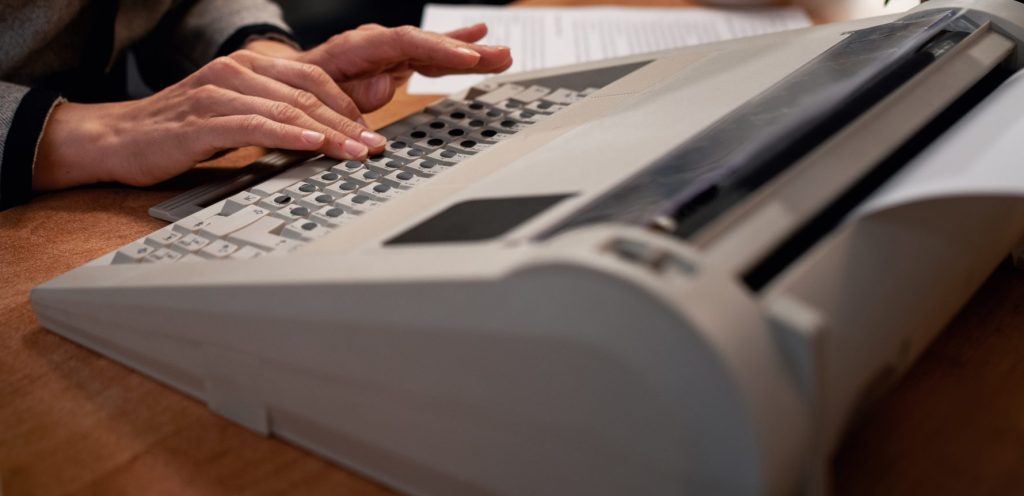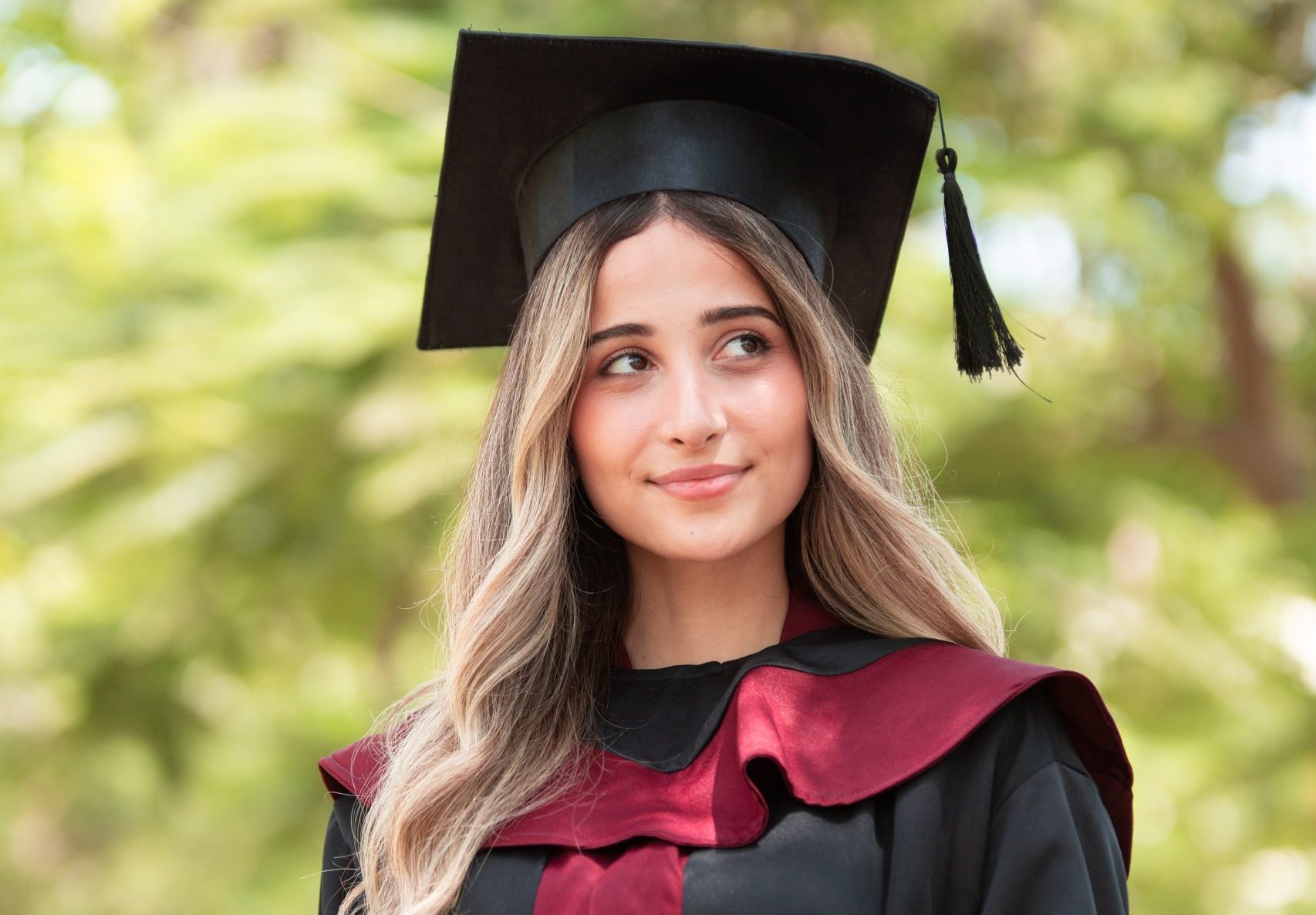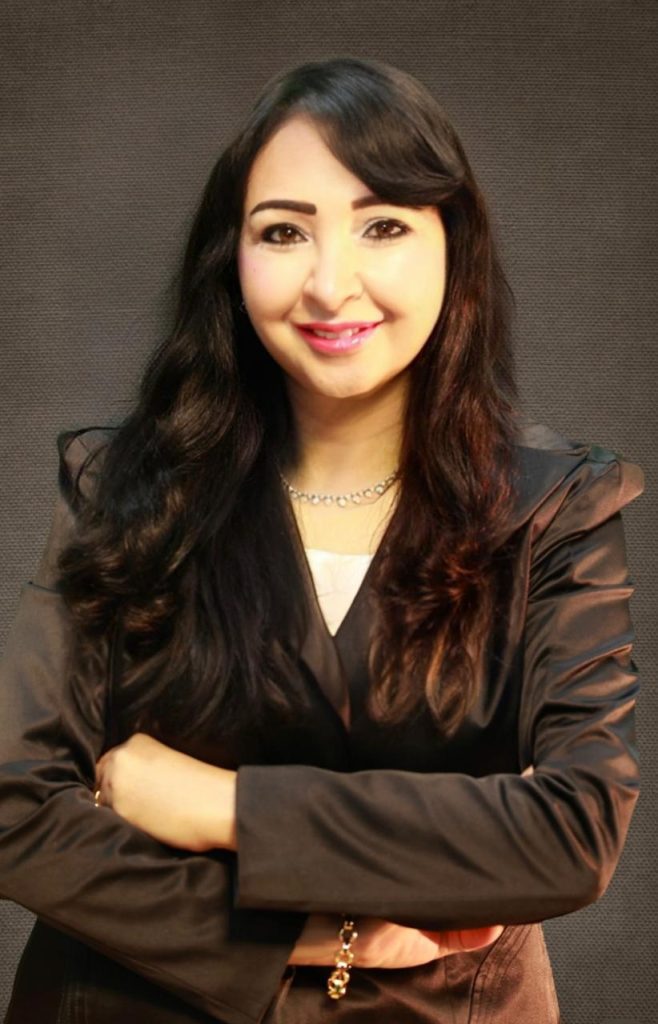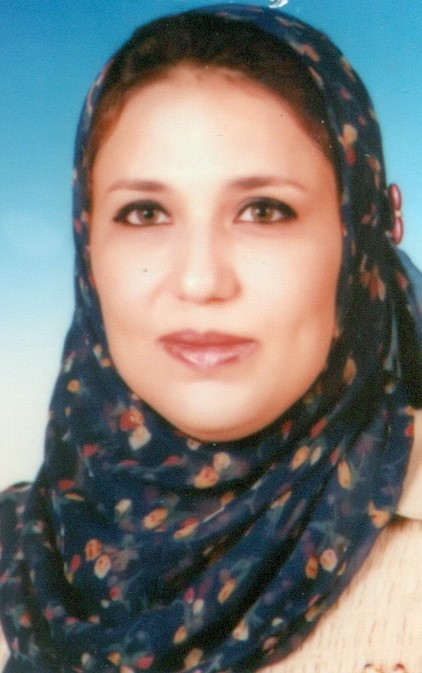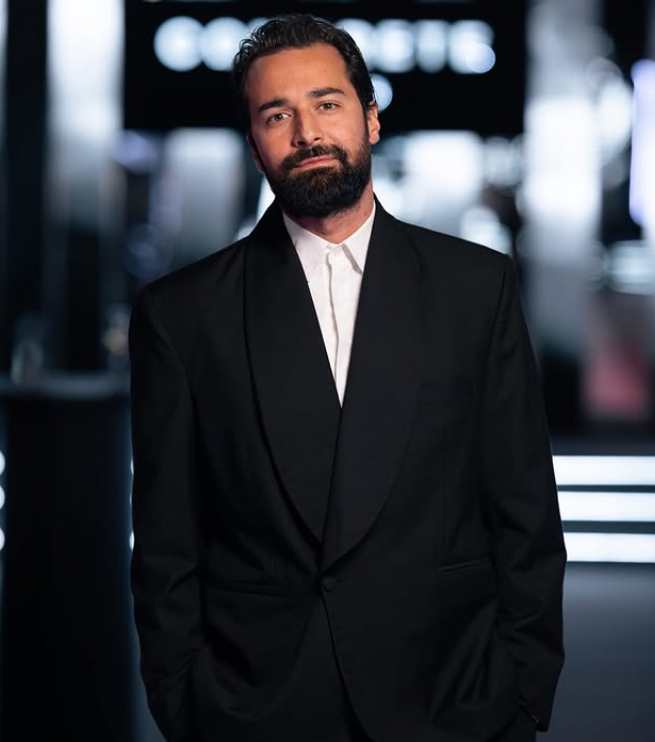College of Mass Media and Communication Technology
About College
The College of Mass Media and Communication Technology was established by Republican Decree No. 245 of 1996 by Law 101 of 1992 regarding the establishment of private universities, to grant a bachelor’s degree in media, and the study began per the decision of the President of the Supreme Council of Universities No. (45) Of 2000 equivalent to a bachelor’s degree in media awarded by Egyptian universities and subject to the Universities Organization Law No. (49) Of 1972 and its executive regulations in the corresponding disciplines.
College Departments
The College of Mass Media and Communication Technology at Misr University of Science and Technology seeks to prepare qualified graduates to join various media and communication institutions, through a system of advanced academic and training programs, and to work to enhance the elements and outputs of education, scientific research and community service systems in a way that develops the Egyptian media work environment.

To educate and establish a distinguished and pioneering presence within the systems of media colleges, locally and regionally.

With great pride and honor, I welcome you to the Faculty of Mass Media and Communication Technology – the scientific and creative bastion that stands proudly at the heart of the prestigious Misr University for Science and Technology. It is a pioneering academic institution that embraces the latest modern academic programs that meet the highest international standards, as well as practical training programs in all media specialties. This program aims to prepare a conscious generation of media professionals capable of creativity and effective contribution to the development of our beloved country.
Over decades of success, and by applying quality assurance standards for education, the University of Mass Media and Communication Technology has graduated numerous batches from both the Arabic and English departments in three specializations (Radio and Television Department, Public Relations and Advertising Department, and Print and Electronic Journalism Department). These graduates represent distinguished talents working in various media fields and contributing to building a knowledge-based society and advancing communication.
It is a great honor to be entrusted with leading this great academic institution, which is a beacon of thought. Assuming the position of Dean of the Fsculty of Mass Media and Communication Technology starting 9th of February, 2025, is not merely an administrative responsibility, but rather a pledge and a commitment to continue the path of excellence to chart a media future worthy of the name of the college and the esteemed university.
At the Faculty of Mass Media and Communication Technology, we strive to provide a unique and engaging experience for students. We believe that education is not just about imparting knowledge, but rather a true partnership for building an informed generation that disseminates enlightened media and is capable of creativity, innovation, and excellence in modern work fields. Here, we are committed to providing a stimulating learning environment, nurtured by distinguished faculty staff members who support students’ ambitions and interests and consciously direct their talents toward academic and professional excellence. This is reflected in the excellence of students’ applied work across various disciplines, winning awards and first place in festivals, competitions, and competitive scientific forums nationwide.
The Faculty’s vision embraces the concept that students are a priority and the focus of the educational process. Therefore, we pay great attention to the details of their academic and administrative experience, from registration services, examination affairs, study schedules, and academic support, according to the highest standards of quality and transparency. This ensures clarity in procedures, easy access to information, and equal opportunities for all.
The esteemed Misr University for Science and Technology provides our Faculty with an advanced technical infrastructure to provide an integrated system for student training and the implementation of their digital communication projects. This includes state-of-the-art radio and television studios that simulate real-world work environments, along with the latest broadcasting and recording systems, professional lighting systems, and digital editing units. These studios also include high-performance computers equipped with video and audio editing software approved by major media institutions.
The Faculty of Mass Media and Communication and Technology is proud to be one of the leading faculties that hosts a modern Master’s program for both branches, entitled “Social Media and Digital Communication.” This program represents a qualitative addition to its distinguished academic career, and graduates of the faculty enjoy priority for admission to the program. The master’s degree has been accredited by the Supreme Council of Universities. This program opens horizons for students to further their academic pursuits, obtain academic degrees, and prepare highly qualified research and media professionals from the faculty.
In conclusion, I affirm that our faculty will remain a vibrant space and a platform for developing promising media professionals. Its doors are always open to all who possess a passion for success and the ambition to excel. Under the umbrella of the prestigious Misr University for Science and Technology, and with a team spirit, we move confidently toward a future worthy of the Faculty of Mass Media and Communication and Technology and, God willing, fulfills the hopes of its students and our Egyptian society.
Professor Dr. Amani Omar Elhusseini
Dean of College of Mass Media and Communication Technology
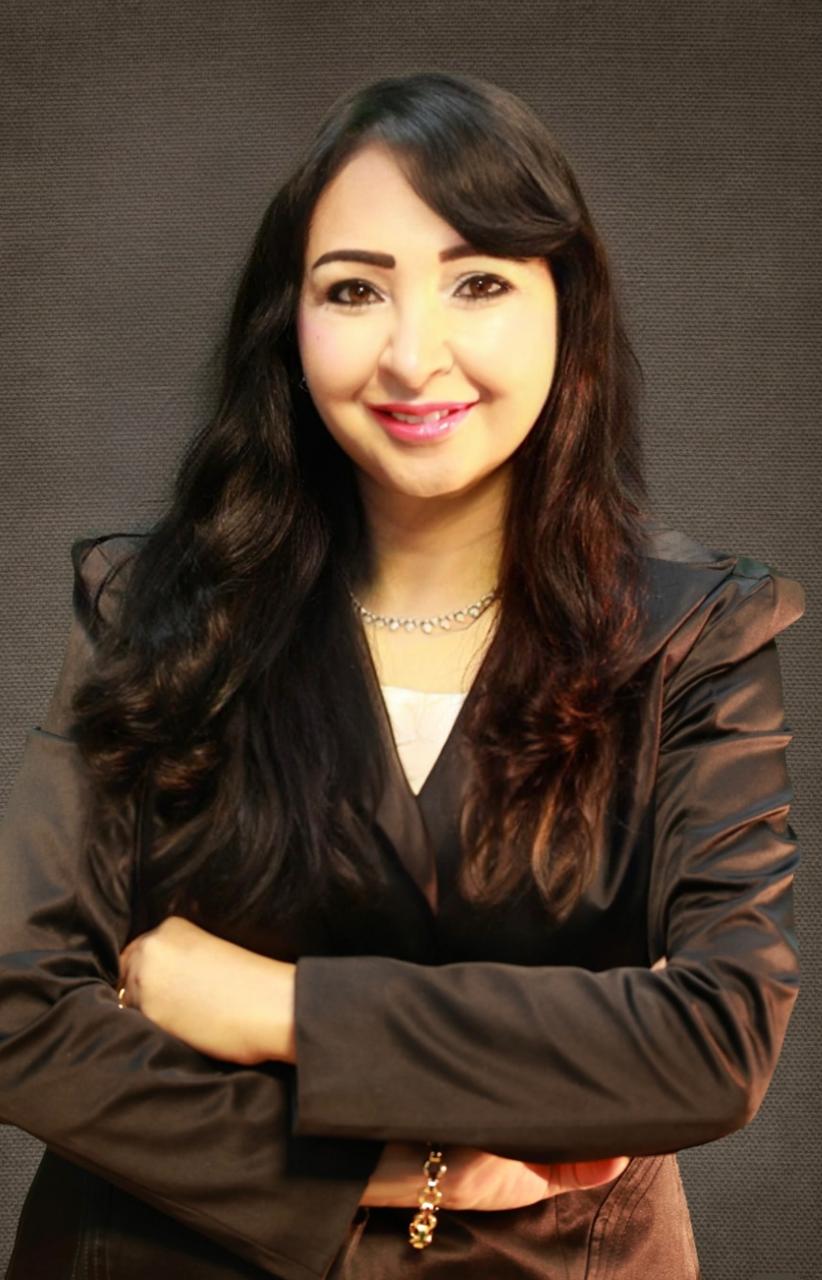
- Preparing distinguished media professionals scientifically, cognitively and professionally
- expanding interdisciplinary educational programs
- Strengthening partnerships, cooperation agreements and training opportunities with local, regional and international universities
- Adopting modern initiatives to advance innovative educational, cognitive and technological capabilities
- Enhancing the capabilities and resources of researchers and scientific research
- Participation in scientific conferences of media colleges and publishing research in various scientific journals

- Press publishing laboratory
- Public Relations Laboratory
- Digital Studio
It is divided into two rooms, the control and the implementation rooms, The Main control room Control
The Plateau Room, which specializes in implementing productive works
VIDEO STUDIO
It is divided into two rooms, control and implementation rooms
- Sound Studio
- Executive Studio:
- Computer and language laboratories
Units:
- Quality assurance unit
- Educational events and activities unit
- Graduates Unit

College Administratives
Notable Alumni
Scientific Degrees
The College of Mass Media and Communication Technology was established by Republican Decree No. 245 of 1996 by Law 101 of 1992 regarding the establishment of private universities, to grant a bachelor’s degree in media, and the study began per the decision of the President of the Supreme Council of Universities No. (45) Of 2000 equivalent to a bachelor’s degree in media awarded by Egyptian universities and subject to the Universities Organization Law No. (49) Of 1972 and its executive regulations in the corresponding disciplines.
- BSc degree in Print and Electronic Press
- BSc degree in Broadcasting (Radio and Television)
- BSc degree in Public Relations and Advertising.
